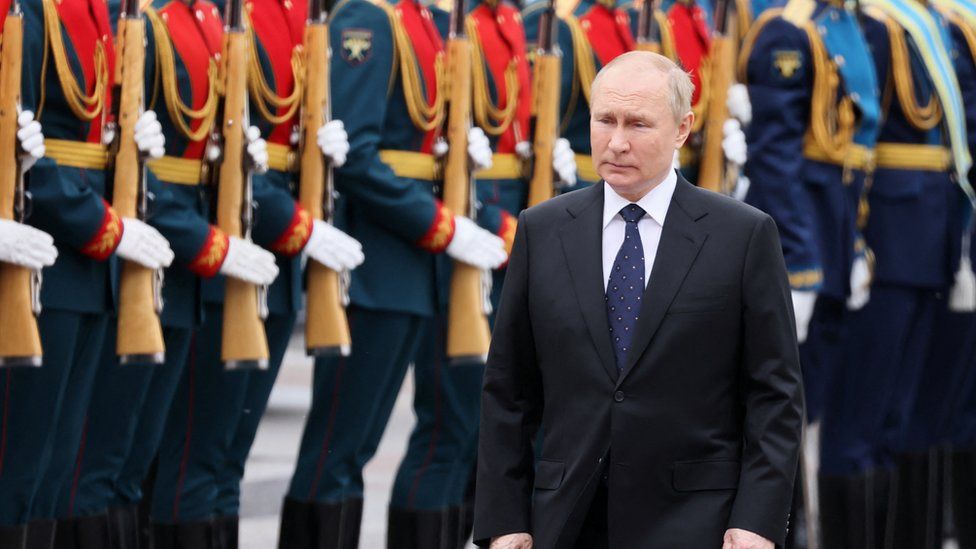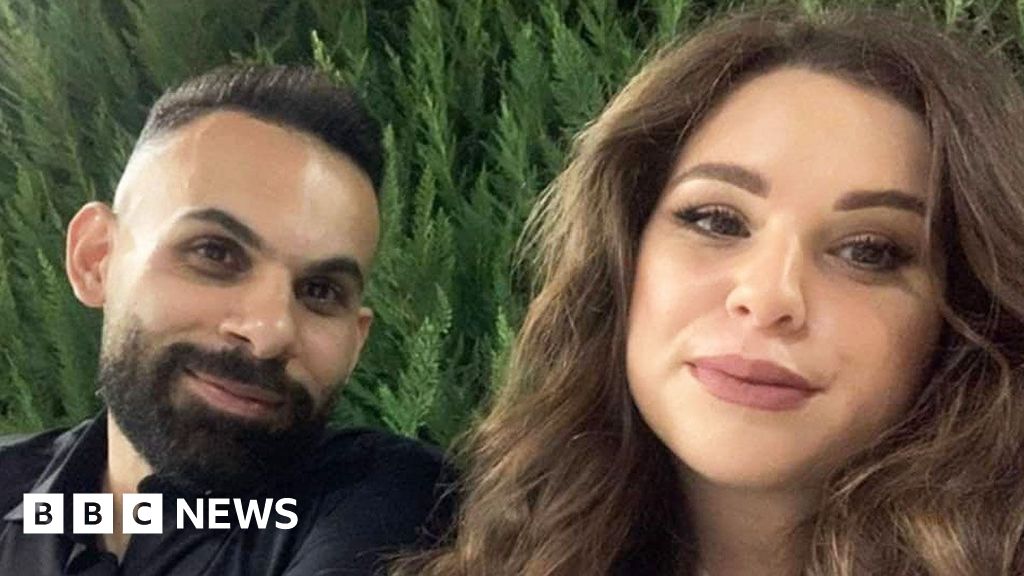ARTICLE AD BOX
By Steve Rosenberg
Russia Editor, Moscow
 Image source, Reuters
Image source, Reuters
A few months ago, the Kremlin denied it had any plans to invade Ukraine.
More recently the Kremlin denied it had any plans for a mobilisation.
Today President Putin announced a "partial mobilisation" of military reservists.
See a pattern here? When faced with a choice, Vladimir Putin always seems to choose escalation.
It's months since I heard the phrase "off-ramp" in relation to the Kremlin leader. His latest address to the nation contained no olive branches to Kyiv, no conciliatory words to America or to Nato. It was packed full of anti-Western, anti-Ukrainian bile and threats.
This is Putin's invasion. It is his war with the West. He is now in this deep, but appears determined to secure victory - both in Ukraine and against what he calls "the collective West." And if that requires a touch of nuclear sabre-rattling and hundreds of thousands of Russian reservists, then so be it.
Vladimir Putin has often been called a political poker player. Today he raised the stakes in what is an increasingly dangerous game.
But it's a gamble. Mobilisation - even the partial one he's gone for - is something the Kremlin leader had been keen to avoid, fearing perhaps that there is little appetite amongst the public here for Russians to be called up to fight.
Remember, this was supposed to be nothing more than a "special military operation" (that's what he told the nation). The word "war" is still taboo in the Russian state media. And, if it's not a war, then why announce mobilisation?
Putin's problem is that, pretty much from the word go, his invasion of Ukraine didn't go according to plan. The Ukrainian military, backed by western weapons, put up far greater resistance than the Kremlin had expected. The Russian military got bogged down: recently it's even been losing some of the Ukrainian territory it had seized. The Kremlin has concluded that it needs more troops on the battlefield. Hence: "partial mobilisation".
How are Russians reacting to the news? I heard different views on the streets of Moscow.
"I'm worried that this is just the start," a young man called Sergei told me. "I worry there could be full mobilisation."
"If our leaders demand this, then we must do our duty," said Margarita. "I trust Putin 100 percent. We're a great power."
Finally, two challenges. One for Putin. The other, for the West.
Vladimir Putin's challenge is to make Russians believe that, all along, the West's plan was to wage war against Russia (which it wasn't) and that the aim of the West is to destroy Russia (which it isn't). Fail to do that, and he'll struggle to convince the public of the need for mobilisation.
And the challenge for the West? How to deal with a Russian leader who's made it quite clear that he's prepared to use a nuclear weapon to avoid defeat.

 2 years ago
73
2 years ago
73








 English (US) ·
English (US) ·